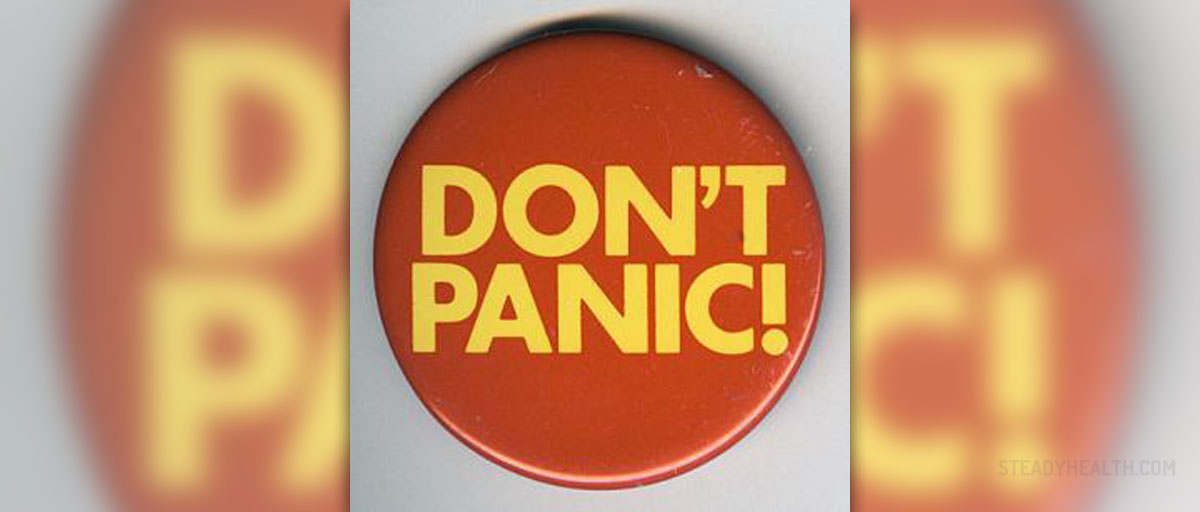
About Panic Attacks
Panicattacks are episodes when a person experiences extreme fear. In most cases it doesn’tlast longer than 10 or in rare cases 30 minutes, and there are also episodeswhose durations are less than a minute. Very rarely, people can experiencecyclic panic attacks and these can go on for several hours. Common symptomsinclude: nausea, fainting, breathing problems and hyperventilation and loss ofcontrol. Some patients even reported a feeling of dying or going nuts. Tunnel vision,affecting the peripheral vision of the patient and causing him or her to seeeverything around them as if they were in a tunnel is also very frequent amongpeople experiencing panic attack.
People whonever had a panic attack before usually think they are having a heart attack ornervous breakdown, and call for urgent medical help. It might be very unpleasantand scary experience, and some patients even describe the attack as one of the mostupsetting periods of their life.
What Can YouDo?
Visiting thedoctor and therapist for the consultation about panic attacks you are experiencingis a good idea. They will identify the causes of your panic attack and try tosolve them as well as the managing the symptoms you are experiencing. Medicationsare very frequently prescribed for patients suffering from panic attacks,either benzodiazepines or tricyclic antidepressants.
Benzodiazepinesare believed to be the most efficient drugs against panic attacks, proven successfulfor more than 70% of treated panic attack patients and easing their everydaylife. Although very useful, these medications are also known to provoke certainadverse effects. Benzodiazepines can affect your mental toughness, provoke moodswings and cause drowsiness or speaking difficulties. Using these drugs canalso change your behavior, and you may become less tolerant. Because of theseside effects, patients using benzodiazepines should inform their family and friendsthat they are on medications. Even your colleagues should know about your treatmentand be aware of changes that might happen to you.
Tricyclic antidepressants,such as nortriptyline, amitriptilyne, desipramine, imipramine, climipramine,venlafaxine and doxepin are also often prescribed as the treatment for panicattacks. These drugs can also cause many unwanted effects, beside the benefits.You should be informed about: constipation or defecation problems, urinating difficulties,potential sexual problems and erectile dysfunction these drugs may provoke. Blurredvision, sensitivity to sunlight and sweating and weight gain are also possible sideeffects. People using tricyclic antidepressants for panic attack may also experiencesleeping disturbances, hyperactivity, jitteriness or irritability.

















Your thoughts on this
Loading...